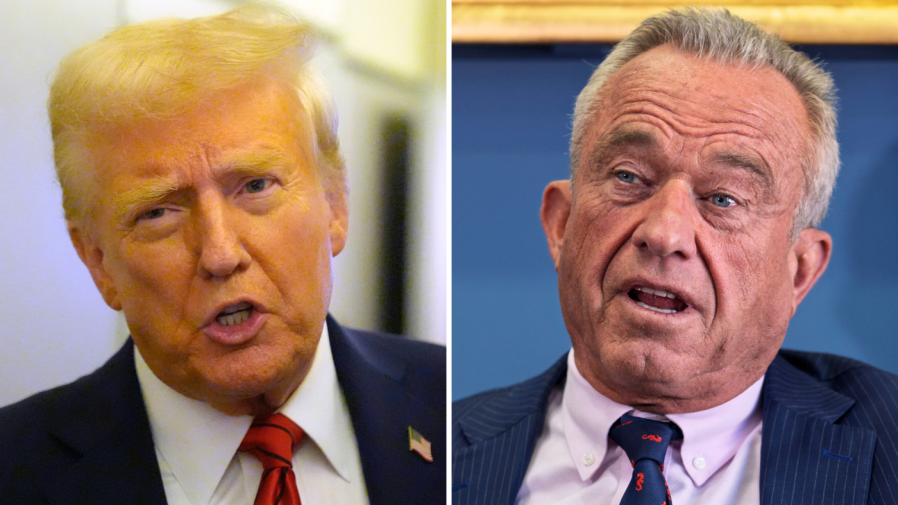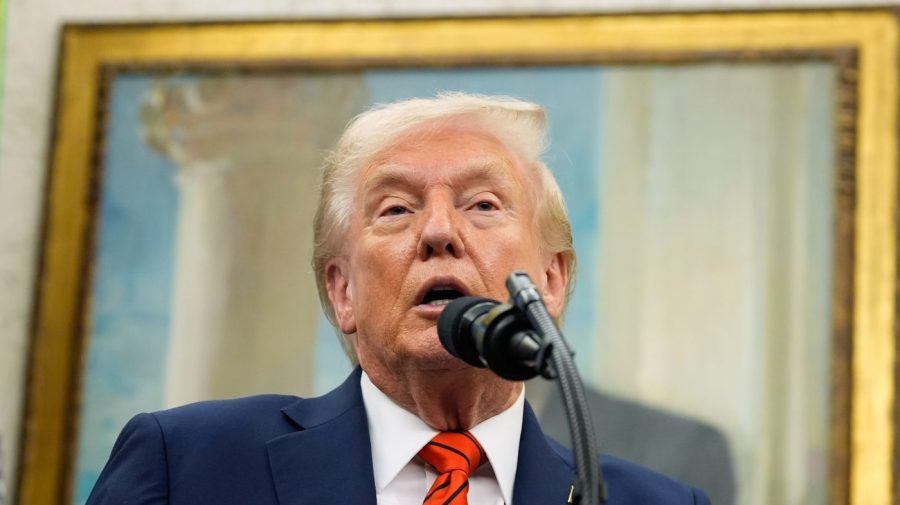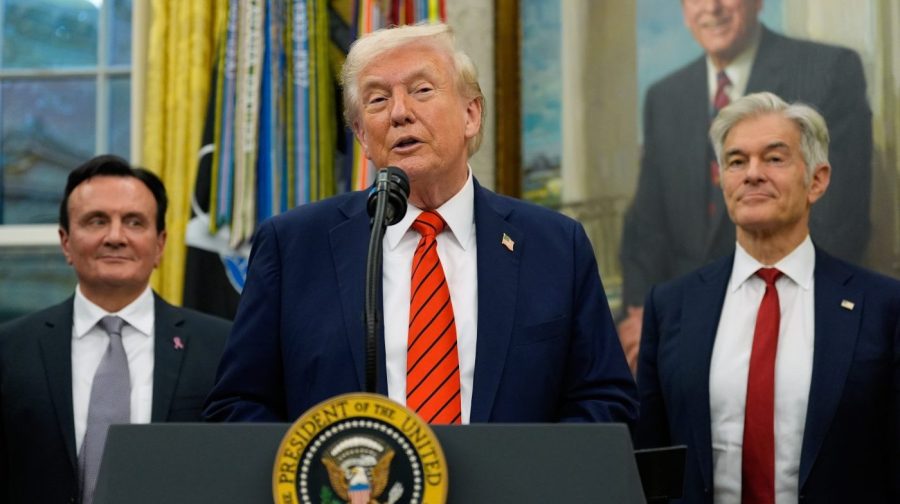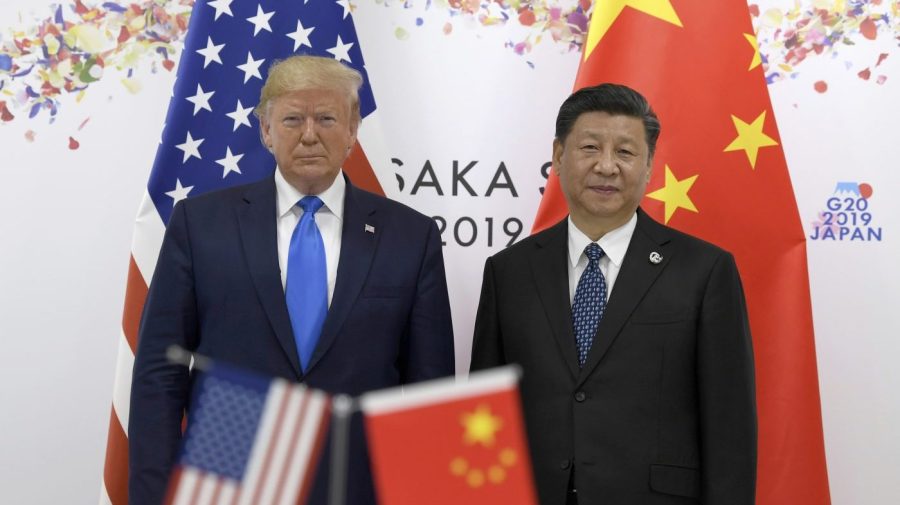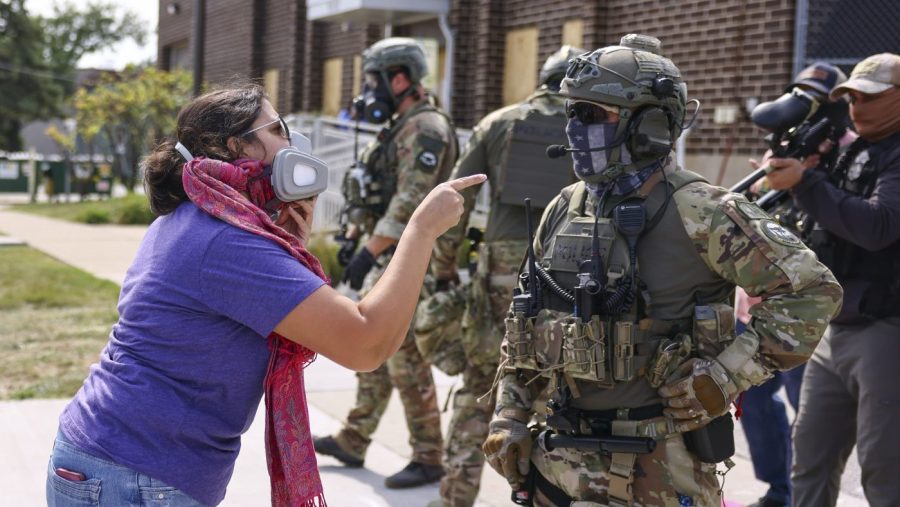Despite growing scientific consensus, the “Make America Healthy Again” health report that dropped earlier this month failed to take a hard stand on plastics — one of the most pervasive and underregulated toxic threats that Americans face today. Until politicians are willing to stand up to corporations, we will continue to get sick and die from preventable causes.
In theory, there is broad agreement that Americans — especially our children — deserve to be healthy. That’s why Robert F. Kennedy Jr.’s Make America Healthy Again or MAHA platform has found supporters across party lines. By pointing to ultra-processed foods, pesticides and toxic chemicals as culprits in America’s worsening public health crisis, both MAHA and MAGA tap into rising concern over skyrocketing rates of chronic illness.
But the MAHA policy report didn’t deliver. Instead, it dodged accountability, downplayed industry responsibility, and quietly walked back any meaningful plan to confront the dangerous chemicals polluting our homes, schools, food and bodies.
Plastics are everywhere, and so are the chemicals that come with them. More than 16,000 chemicals are associated with plastics, and at least 25 percent are known to be hazardous to human health or the environment. Many have never been independently tested for safety. Some of the most concerning are endocrine-disrupting, carcinogenic or capable of crossing the placental barrier.
Microplastics and plastic-derived chemicals have been detected in human blood, lungs, breast milk, placentas, and even brain tissue. Babies are exposed before they are born. Ingestion, inhalation and absorption are the most common exposure pathways, as these toxic chemicals enter our bodies through everyday household items such as food packaging, carpets, bedding and cosmetics.
Yet only 6 percent of these chemicals are regulated internationally. In the U.S., our food packaging laws cover just a small fraction of what’s actually used in products on the market today.
In fact, a quarter of plastic chemicals lack even basic identity data, and more than half lack hazard or function data altogether. The public is left without protection or even the information we need to make decisions for ourselves, while industry profits soar.
The MAHA report includes vague commitments such as a framework to study chemical exposures (including microplastics), some funding for safer farming, and a public awareness campaign about pesticides. It doesn’t name polluters. It doesn’t call for bans. And it doesn’t demand that corporations prove their products are truly safe before they hit store shelves.
This is not merely a technical oversight; it reflects a significant failure in political leadership.
At the recent global plastics treaty negotiations in Geneva, the U.S. — under the Trump administration’s direction — played the role of blocker. While countries around the world pushed for binding limits on plastic production and toxic additives, the U.S. delegation aligned with oil, chemical and plastics lobbyists. The result was another meeting that concluded without the bold, effective treaty needed to stem the plastic pollution crisis.
Back home, MAHA and MAGA continue to pay lip service to health while refusing to challenge the corporations most responsible for making Americans sick. They’re performing “concern,” while protecting polluters.
As Trump’s chaotic tariff policies raised costs for average Americans, they also handed a major gift to the fossil fuel industry. Petrochemicals and plastic polymers were deliberately exempted from tariff hikes, ensuring that plastic packaging would remain cheap, abundant and toxic. Companies like Coca-Cola, already the world’s largest purveyor of plastic packaging, are now using tariffs on aluminum as an excuse to ramp up plastic production even further.
Meanwhile, the administration doubled down on plastic absurdity by issuing an executive order and a 36-page report aimed at “bringing America back” to plastic straws.
Big oil and gas have seized the moment. By betting big on plastics, they’ve found a convenient lifeline to maintain profit margins as demand for fossil fuels declines. But the public pays the price. Plastic pollution already costs Americans an estimated $249 billion annually in health-related expenses — and that figure will only rise if production continues to accelerate unchecked.
If MAHA and MAGA were serious about improving the health of Americans, they would stop gaslighting the public and start standing up to the corporations making us sick. They would support a strong, binding Global Plastics Treaty that reduces plastic production and invests in fully reusable alternatives; pre-market safety requirements for plastic chemicals; and a phase-out of known hazardous substances.
The American people aren’t stupid. Polls show a bipartisan majority supports bold action to reduce plastic production and pollution. We want leaders who are willing to name the problem, take on powerful industries, and put public health ahead of petrochemical profits.
Unless we shift the burden of proof onto corporations and demand real accountability, we will continue to suffer and die from preventable exposures. We need courage and action.
If Kennedy and his allies truly want to Make America Healthy Again, they should start by regulating the industries that are making us sick.
Sushma Raman is interim executive director at Greenpeace USA, where John Hocevar is oceans campaign director.










